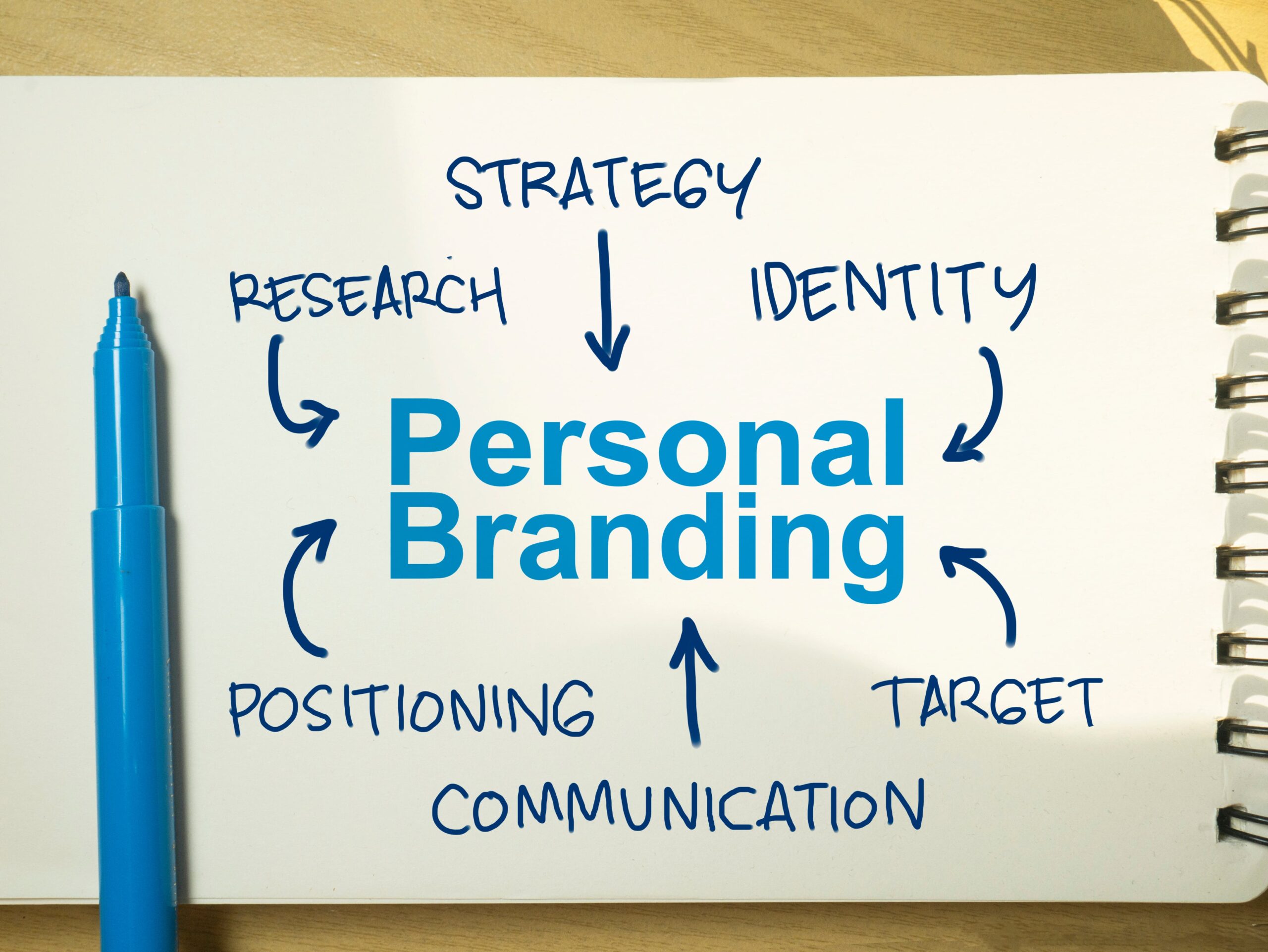You already have a reputation—whether you shaped it on purpose or not. People form opinions based on how you show up, speak, and carry yourself every day. This unspoken image follows you into meetings, job interviews, and even casual conversations. It influences how others treat you and what chances come your way.
The question isn’t whether you have a personal brand. It’s whether yours is helping you—or getting in your way. You don’t need to be loud to stand out. You just need to know what you stand for and show it clearly in how you work and connect.
Understanding How a Personal Brand Impacts Your Goals
A well-defined personal brand isn’t just about self-promotion; it’s a strategic practice for navigating your career path. It helps potential employers and hiring managers understand your value quickly during a job hunt or when considering internal promotions. Being known for your specific skills and perspective increases your visibility significantly.
This increased visibility opens doors to new career opportunities and fuels your career growth, allowing you to make a positive impact. A positive reputation helps both you and your organization succeed; your personal brand work contributes to the company’s brand image. Building personal brands can even improve customer experiences if your role is client-facing.
The main hurdle? Time, and perhaps the feeling that personal branding isn’t for everyone. Building this identity takes real investment. But what if it wasn’t extra work, but an integrated part of your daily work and professional growth? That’s the goal.
Finding Your Authentic Brand Voice
Think about everything that shapes your viewpoint. Consider your background, your culture, ethnicity, gender, life experiences, professional experience, and beliefs. How do these parts of your personal life influence how you see the world and approach your work?
What distinct insights can you offer because of who you are? Your specific perspective is a powerful asset; sometimes our differences are where our greatest strengths lie. This understanding can inform your business strategy contributions.
Think about the specific lens you bring. Maybe your cultural background gives you a better understanding of a certain customer base. Perhaps your non-traditional path into your field, maybe you studied psychology which gives insights into human behavior, allows you to see problems differently and offer fresh solutions.
Weaving Your Brand into Your Daily Work
Okay, you have a clearer idea of your brand’s focus. Now, how do you make it part of your actual job without adding excessive burden? The trick is integrating it seamlessly into your professional development plan and daily activities.
Treating brand building as a development goal makes it feel less like an extra task. It becomes part of your growth strategy. Your manager or team leader might even actively support these efforts if framed correctly.
Align with Existing Projects
Look closely at what your team is currently working on. Are there any projects or tasks that align with your brand elements – your values, skills, or perspectives? If something sparks your interest and fits your brand, raise your hand and volunteer.
Don’t stop at the team level. Dig deeper into what’s happening across the organization. Many larger companies publish reports on initiatives related to sustainability, diversity & inclusion, or technological innovation that might resonate with your brand.
Read these reports and find out which teams are leading initiatives you care about. Connect with people involved, perhaps through informational interviews, to learn more. See if they need help or collaborators for projects where your skills could make a positive impact.
Maybe there’s a project needing support that fits perfectly with your values or the expertise you’ve developed. Getting involved raises your profile and allows you to learn new things and meet new people across the company. This visibility can lead to unexpected career opportunities.
Frame your participation as a stretch goal or developmental opportunity when discussing with your manager. This shows initiative and links your brand-building activities to tangible contributions. It might even position you for your next career move within the company.
Find Your People: Building a Support Network
You can’t build a strong personal brand in isolation. You need people who inspire you, challenge your ideas constructively, and offer different perspectives to broaden your understanding. Connecting with others who share similar interests, values, or professional goals is crucial. They help you refine your message and your personal proposition. They become your sounding board, your allies, and your professional community, helping you build social capital.
Summary
Your personal brand is already forming—every day, with every action. The more you shape it with intention, the more it can support your career and open new doors. You don’t need to be someone else. You just need to bring out what’s already within you and let it guide how you work, share, and grow.
Use your strengths. Speak from your experiences. Find others who believe in your value and help lift your voice. It’s not about being perfect. It’s about being real, consistent, and willing to grow with purpose.



